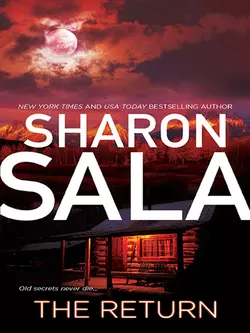The Return

Dinah McCall
Тип: электронная книга
Жанр: Триллеры
Язык: на английском языке
Стоимость: 305.03 ₽
Статус: В продаже
Издательство: HarperCollins
Дата публикации: 16.04.2024
Отзывы: Пока нет Добавить отзыв
О книге: As a legacy of hatred erupts in a shattering moment of violence, a dying mother entrusts her newborn daughter to a caring stranger…. Now, twenty-five years later, Katherine Fane has come home to Camarune, Kentucky, to bury the woman who raised her, bringing a blood feud to its searing conclusion.At the cabin in the woods where she was born, Katherine is drawn to the ravaged town and its violent past. But her arrival has not gone unnoticed. A stranger is watching from the woods, a shattered old man is witnessing the impossible, and Sheriff Luke DePriest′s only thoughts are to keep Katherine safe from the sleeping past she has unwittingly awoken….